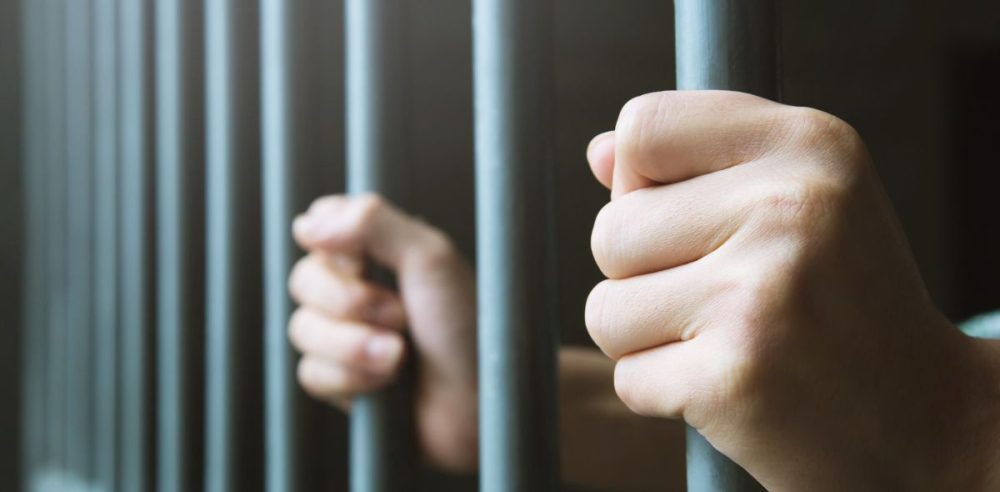Texas death row inmate Robert Roberson may have the opportunity to testify before the Texas House Committee on Jurisprudence this week, after efforts to hear his testimony were thwarted in October.
Roberson has been subpoenaed to testify at a committee meeting in Austin on Friday about whether a 2013 law, S.B. 344, has been ignored in his case. The so-called “junk science” law allows prisoners to challenge their convictions based on new scientific evidence.
Roberson was convicted of murder in 2003 for the 2002 death of his 2-year-old daughter Nikki, based on a doctor’s diagnosis of shaken baby syndrome (SBS). He was set to become the first person to be executed for a murder conviction based on the SBS diagnosis, but his execution date of October 17 was delayed by an 11th-hour subpoena by the House Committee, as reported by The Dallas Express.
According to The Innocence Project, a national litigation and public policy organization devoted to exonerating people wrongfully convicted, “at least 32 parents and caregivers in 18 states have been exonerated after being wrongfully convicted under the shaken baby hypothesis.” The organization is advocating for the exoneration of Roberson, who they say was wrongfully convicted based on the same shaken baby hypothesis, which has now been discredited by “actual science.”
The Innocence Project claims that Nikki’s death was not a homicide but rather the result of a myriad of health issues that she suffered. An autopsy performed after Roberson’s arrest showed that Nikki had pneumonia leading to sepsis and toxic levels of a medication, now deemed unsafe for children, that her doctor had prescribed. However, the jury never heard this information at trial, and efforts to appeal the conviction based on new scientific evidence have been rejected.
Although the original subpoena postponed Roberson’s execution, the Texas Department of Criminal Justice ultimately did not allow Roberson to testify in person at the October 21 and 22 House Committee meetings. They cited the logistics of transporting him to Austin and arranging security and lodging as an excessive burden.
Instead, he was offered the opportunity to testify via videoconferencing. However, his lawyer and some committee members said this was unacceptable, as Roberson is autistic and has trouble communicating, which would have made videoconferencing difficult for him.
Since then, Texas Attorney General Ken Paxton has secured a Texas Supreme Court ruling stating that the House Committee may not interfere with a lawfully ordered execution. Paxton has been vocal about his concerns regarding Roberson, as previously reported by The Dallas Express.
“Legislative investigatory power, even at its maximum, is insufficient to forestall a long-scheduled execution under the circumstances presented here,” the Court said in its 30-page opinion.
A new date has not yet been set for Roberson’s execution.
Now, Roberson has been subpoenaed to appear in person at the House Committee on Jurisprudence hearing on December 20, but it is unclear whether he will be allowed to do so. The Texas Department of Criminal Justice has not commented on whether it will comply with this latest subpoena for Roberson.
“I profoundly hope that his ability to appear is not obstructed by those who, for whatever reason, do not want the lawmakers and the public to hear from him directly about his experience trying to communicate his innocence,” said Roberson’s lawyer, Gretchen Sween, per Newsweek.
In a joint statement, Committee members Joe Moody and Jeff Leach said, “Robert’s testimony will shed important light on some of the problems with our ‘junk science writ’ process, a legal procedure Texas lawmakers expected to provide reconsideration in cases like this one.”


